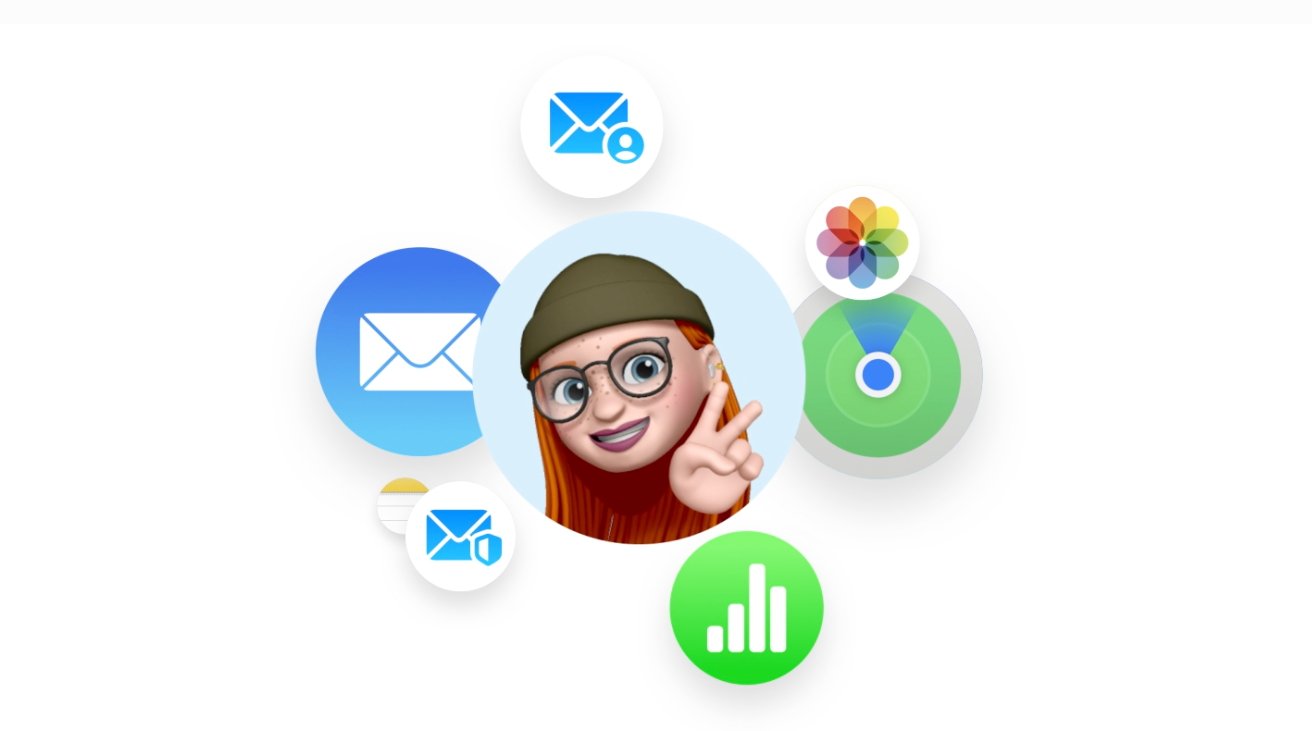The UK's "Which?" consumer group and publication is to sue Apple over what it claims is the company's anti-competitive way of locking users into paying for iCloud storage.
It's not the first lawsuit against Apple over iCloud storage, and the company's free 5G has certainly been aggravating for many years. Now Which? has announced what it describes as a landmark legal claim over Apple's "rip-off prices" for iCloud.
"We believe Apple customers are owed nearly 3 billion pounds [$3.8 billion] as a result of the tech giant forcing its iCloud services on customers and cutting off competition from rival services," said Anabel Hoult, Which? CEO, in a statement. "By bringing this claim, Which? is showing big corporations like Apple that they cannot rip off UK consumers without facing repercussions."
The argument is that "iOS has a monopoly" and that Apple has used that "dominance to gain an unfair advantage in related markets, like the cloud storage market." Specifically, Apple is accused of making it difficult to use alternative suppliers.
Which?, calling itself "the consumer champion," says it has filed a complaint with the UK's Competition Appeal Tribunal. It claims that around "40 million Apple customers in the UK who have obtained iCloud services over the last nine years could be entitled to a payout."
The reason for the nine-year period is presumably that in 2015, Apple revamped its iCloud storage plans. It has, though changed and added to the iCloud storage tiers since then.
According to Reuters, Apple has responded that the claims by Which? are false. "We reject any suggestion that our iCloud practices are anticompetitive and will vigorously defend against any legal claim otherwise," said the company in a statement.
It's now 13 years since Apple first provided 5GB of iCloud storage space free to every user. What may have seemed ample in 2011 has long since been seen as miserly, and especially so since it is 5GB per user, not per device.
Apple uses iCloud for syncing and if the Which? argument was that 5GB is simply too small, that would seem fair comment. It is sufficiently inadequate that reportedly almost two thirds of US Apple users pay for extra iCloud storage.
It is also correct that using alternative suppliers such as Google adds at least some setup steps. Apple has made iCloud the simplest to use with its devices.
However, it is true that users do not have to use iCloud "for storage of photos, videos and other data." There are alternatives and that may be sufficient to mean the case does not proceed.
What happens next
Which? has filed its complaint with the Competition Appeal Tribunal, which must now decide whether it has merit. If the tribunal approves the complaint, the next step will be for it to give permission for the consumer group and publication to proceed to the UK's equivalent of a class action lawsuit.
If that happens, the suit will then proceed on behalf of all eligible UK consumers. Those consumers will be opted in to the suit, unless they specifically request not to be.
As yet, the Competition Appeal Tribunal has not listed the complaint on its register of cases. There is no published schedule then, for when a decision can be expected.
 William Gallagher
William Gallagher







-m.jpg)






 Malcolm Owen
Malcolm Owen
 Andrew Orr
Andrew Orr



 Chip Loder
Chip Loder
 Marko Zivkovic
Marko Zivkovic





-m.jpg)




39 Comments
If people want everything for free and are too stupid to figure out how to go about getting it for free then yes, they should pay the price.
You don’t need to use iCloud for anything if you choose not to.
i only started using it because syncing Contacts, Calendars and Bookmarks on all my devices (Mac, iPhone, iPad) was dodgy.
I don’t use iCloud for anything else.
So, these clowns think they’ll get a billion dollar payday from Apple to cover their stupidity?
Good luck with that.
I agree with the UK group. Apple’s pricing versus its offer for storage is obscene and clearly a way to gouge customers month after month.
To say you don’t *have* to use iCloud is disingenuous. The truth is that you have to work to avoid using iCloud. And even when you set it up to avoid it, OSes revert to the default saving to iCloud after each major upgrade.
It’s one of the reasons why I dislike the current Apple.